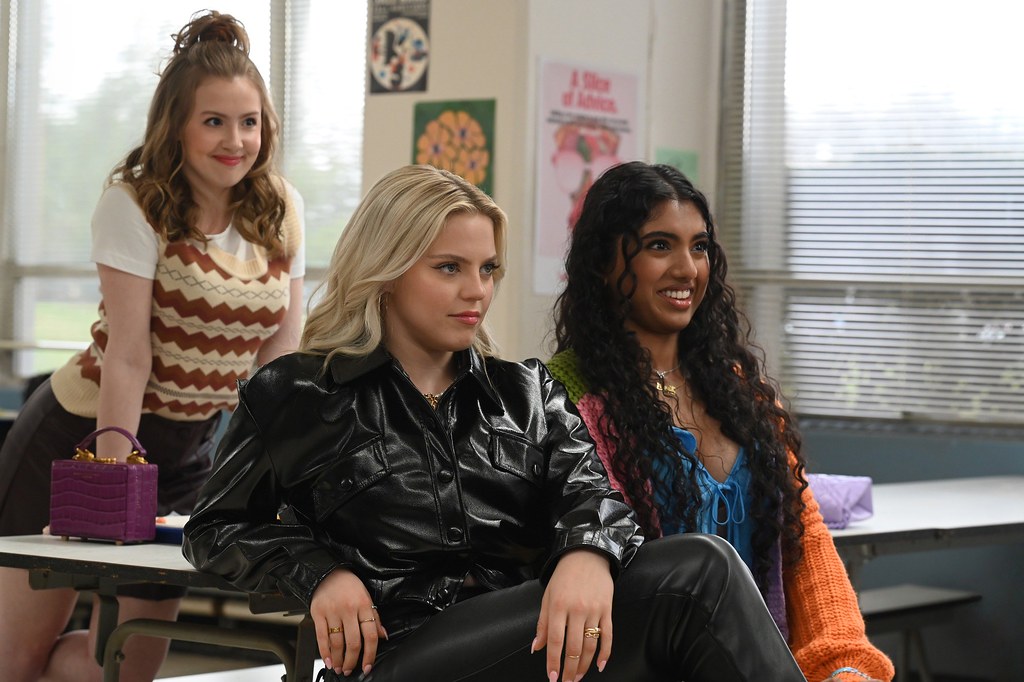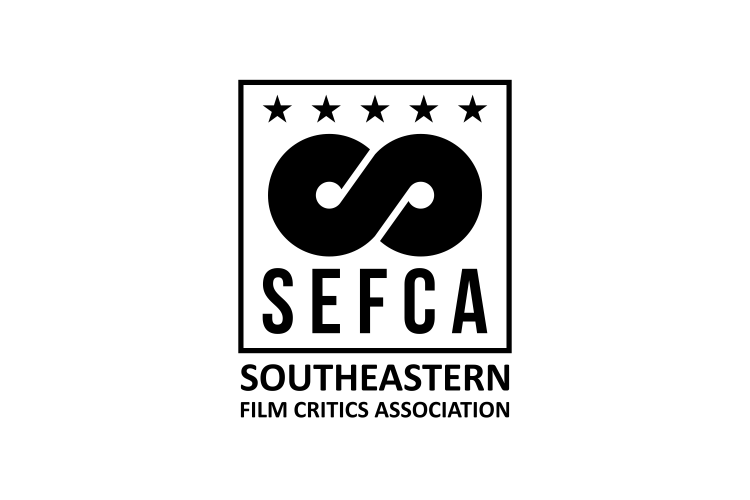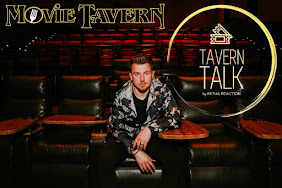CIVIL WAR Review
MONKEY MAN Review
2024 Oscar Predictions
It feels like, for one reason or another, this has been the longest awards season I've ever experienced. Maybe it's because last year's biggest movie-related story was that of "Barbenheimer" and because both have ended up playing heavily into this awards season it seems we've simply been on this wave for eight months straight or maybe it is simply the deluge of precursors and other ceremonies I've paid attention to, but either way I think I'll be more relieved by the time this weekend is over than excited about any of the (mostly foregone) results. To put it simply, this is the year of Oppenheimer and I don't really see things swaying in another direction even if the manifestation of Christopher Nolan's career doesn't win in every category it's expected to. Oppenheimer leads all nominees with thirteen nominations this year, one fewer than Titanic's record and listen, this is all fine by me. As someone who saw Batman Begins twice opening day, a few days after graduating high school, and then stood in line for five hours to get a good seat at the midnight showing in the only IMAX theater in Arkansas as a 21 year-old (before assigned seating and early Thursday night previews were a thing) I have been on the Nolan fan train as long as his name has been relevant. Given I saw Dark Knight at such a formative and impressionable point in life I've been rooting for the auteur to win the big award ever since. With a historical biopic of one of the more complicated if not necessarily influential figures in American history, the worlds of Nolan's aesthetic and Academy prestige came together to give us this moment and I just can't imagine the likes of Poor Things or The Holdovers overtaking that. All of that to say, while Oppenheimer may appear as the predicted winner in many categories below 2023 was a strong year for movies all-around and a fair amount will still be celebrated as winners at this year's ceremony.
DUNE: PART TWO Review
In the first film, Paul's father (Oscar Isaac) tells him, "A great man doesn't seek to lead; he is called to it." In Part Two, we see that calling play out as Paul is guided in his decisions - through both dream-like visions as well as his mother (Rebecca Ferguson) parlaying a prophecy into as much of a reality as she can - to the point there is hesitation in Paul's actions, a sincerity as Zendaya's Chani sees it, that makes him question whether seeing this prophecy through or putting a stop to it altogether is the better decision for the universe as a whole. There is of course, much more going on around Paul, the Fremen people, and the planet of Arrakis on which they reside that factor into Paul's deliberations, but for as much time as Dune: Part One spent on building the mythology of Frank Herbert's universe it only seemed natural that Part Two might then define what makes this mythology, these characters, and these worlds worth investing in. Rather, Villeneuve and screenwriter Jon Spaihts (Prometheus) spend much of the runtime of this continuation within the ethical questions Paul seeks to (re)solve - questions that could also be applied to the religion and politics of this universe that naturally mirror our own. The result being that by investigating these questions and conflicts the characterizations and significance of what could easily be perceived as pure nonsense do, in fact, become meaningful as if the attention and care paid to the depth allows for the breadth to sustain itself.















